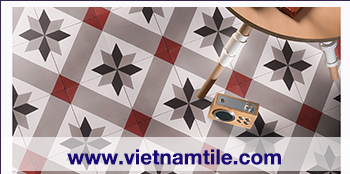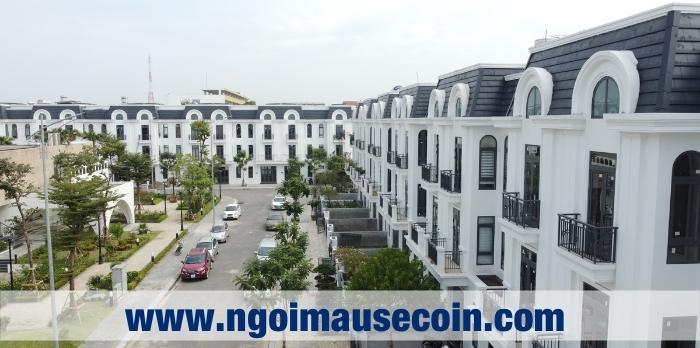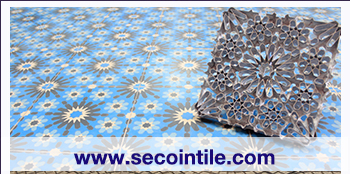Terrazzo Tiles A Sustainable and Eco-Friendly Choice
In recent years, the construction and design industries have seen a growing trend towards sustainable and eco-friendly materials. Among these, terrazzo tiles have emerged as a popular choice for those seeking both aesthetic appeal and environmental responsibility. This blog post will explore why terrazzo tiles are considered a sustainable and eco-friendly option for your next building or renovation project
What are Terrazzo Tiles?
Terrazzo is a composite material that consists of chips of marble, quartz, granite, glass, or other suitable materials, poured with a cementitious binder, polymeric, or a combination of both. Once cured, it is ground and polished to a smooth surface. Terrazzo tiles are pre-cast versions of this material, offering easier installation and consistent quality.
.png)
The Sustainability of Terrazzo Tiles
1. Recycled Content
One of the primary reasons terrazzo tiles are considered eco-friendly is their high recycled content. Many terrazzo tiles incorporate post-consumer recycled materials such as glass, porcelain, concrete, and metal. This not only reduces waste but also minimizes the need for new raw materials.
2. Durability and Longevity
Terrazzo tiles are incredibly durable, often lasting for decades with proper maintenance. This longevity reduces the need for frequent replacements, ultimately lowering the environmental impact associated with manufacturing and installing new flooring materials.
.png)
3. Low VOC Emissions
Many terrazzo tiles are made with low-VOC (Volatile Organic Compounds) binders, which contribute to better indoor air quality. This is particularly important for maintaining a healthy living or working environment.
4. Energy Efficiency
The thermal mass of terrazzo tiles can contribute to a building's energy efficiency. They can help regulate indoor temperatures, potentially reducing heating and cooling costs.
Eco-Friendly Manufacturing Process
The production of terrazzo tiles can be more environmentally friendly compared to some other flooring options:
• Water Conservation: Many manufacturers employ closed-loop water systems, minimizing water waste.
• Energy Efficiency: Advanced manufacturing techniques have reduced the energy required to produce terrazzo tiles.
• Local Production: Terrazzo can often be produced locally, reducing transportation emissions.
.png)
LEED Certification Contribution
For those pursuing LEED (Leadership in Energy and Environmental Design) certification, terrazzo tiles can contribute points in several categories, including:
• Materials and Resources
• Indoor Environmental Quality
• Innovation in Design
Maintenance and Longevity
The eco-friendliness of terrazzo tiles extends beyond their production and installation:
• Easy to Clean: Terrazzo requires minimal cleaning products, reducing chemical use.
• Low Maintenance: The durability of terrazzo means less frequent repairs or replacements.
• Refinishing: Instead of replacement, terrazzo can often be refinished, extending its life cycle.
Aesthetic Versatility
While sustainability is crucial, the aesthetic appeal of terrazzo tiles cannot be overlooked:
• Customizable: Endless color and pattern combinations are possible.
• Timeless Appeal: Terrazzo has been used for centuries and continues to be popular in modern design.
• Seamless Look: Large format tiles or poured terrazzo can create a seamless, expansive look.
Terrazzo tiles represent a perfect blend of sustainability, durability, and aesthetic appeal. By choosing terrazzo for your next project, you're not just selecting a beautiful flooring option – you're making an environmentally responsible choice that can contribute to a greener, more sustainable future in construction and design. As we continue to seek ways to reduce our environmental impact, materials like terrazzo tiles offer a promising path forward in sustainable building practices.
For more information about Secoin and its products, please visit SecoinTile.com.
Other articles
© 2023 Secoin Corp., All Rights Reserved.



_cr_150x98.png)
_cr_150x98.png)



_cr_150x98.png)
_cr_150x98.png)
_cr_150x98.png)





